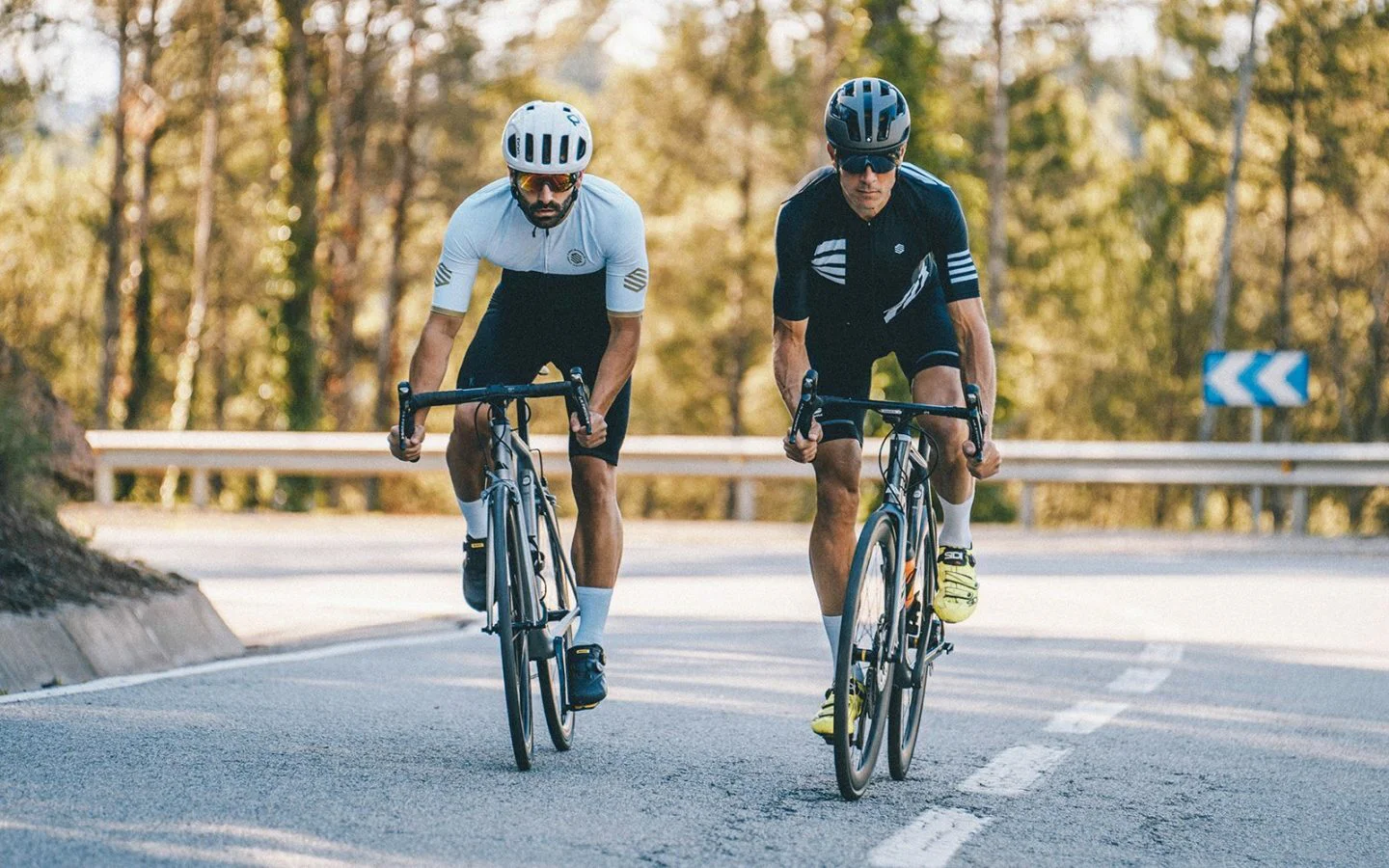Dear Friend,
This weeks been a bit of rough one. Honestly, the last few months have been a bit rough. I’ve been constantly overwhelmed and worried. It is almost all self inflicted – worrying about the future, questioning if I am making the right decisions, and stressing that I am not accomplishing enough.
The icing on the cake this week was one of my cats, Fraser, had some urgent medical issues. This is the second time within four months and could have spelt trouble. Luckily, I was able to catch it early enough where it wasn’t a serious issue.
Fortunately Fraser is alright and with some new medication the issue should be manageable. Unfortunately, the cost of the vet bill means I won’t be putting any money in savings this month.
In this process I’ve realized that I am not a very optimistic person, but I am not a pessimists either. Rather, I am hopeful.
Hopeful vs Optimistic
Aren’t they the same thing?
Not quite. The difference is subtle but makes a big difference in how that person perceives the future.
This idea comes from Oliver Burkeman, author of Four Thousand Weeks and journalist for The Guardian.
An optimistic person believes that the future will be great. A hopeful person believe the future can be great.
This slight difference decides the amount of effort each person puts into their respective futures. An optimistic person does nothing, believing that everything will turn out great no matter what. Where a hopeful person puts in the necessary work so that their future has a higher probability of being great.
It is almost a discussion of free will, but that is a whole different can of worms I won’t be opening right now.
Habits
A few months ago I read Atomic Habits by James Clear. Since reading that book, I have taken to cultivating and strengthening good habits in my life. Part of that process is tracking the good habits.
Typically, I attempt to stick to a daily routine where I can check all the habits off of a list, but this month I tried something different.
Let me introduce you to the idea of Day-ish Habits. Rather than daily habits, day-ish habits are not meant to be completed every day. It follows the same principle as the two day rule. Don’t miss more than two days of any given habit.
This has allowed me more freedom in my schedule and less guilt when I miss a day. I noticed that my whole day felt off if I didn’t do yoga and meditate in the morning. I am unsure whether this was due to missing the cognitive benefits of both those activities or due to guilt of missing them. It is probably a combination of the two, but if I had to guess the guilt plays a larger role.
With day-ish habits, I have begun to feel less guilty about missing a day or two of my habits.
Comfort
One of the thoughts I wrote in my notes app was this, “Do you want to be comfortable, or do you want to be great?”
I think many people strive to live a comfortable life, but often a comfortable life is a sedentary one. Where is the line between comfort and living?
I think we can all agree sitting on the couch and watching a movie is comfortable. If our goal is to be comfortable why don’t we do that all day? How about we move the TV to the ceiling so we can lay on the couch and don’t need to support the weight of our head.
At some point on this trajectory you end up in a fully assisted living facility with a catheter and a bed pan. I think we can all say that is not where we want to be.
Why do we want to be comfortable anyway?
Thanks to evolution, humans have developed certain characteristics to keep us alive. One of them was looking for comfort. Finding comfort meant that we were safe and could store energy for later use. It also led to innovations like spears and fire, which made life easier.
Our brains still have the primal instinct to be comfortable. Rather than keeping us safe and storing energy, however, it is making us fat and lazy.
I believe if you took data from a large enough sample size, you would find that the amount of discomfort one experiences and the success they have in their life is correlated. It would be an inverted U graph, where at the far left end the participants experience no discomfort, and the far right end they experience nothing but discomfort.
Somewhere between those two points is the ideal amount of discomfort. This spot is different for everyone, but it is the point where you achieve your greatest success.
In order to live life, we must experience discomfort. If you subject yourself to it willingly, you will be prepared for it when it comes unwillingly.
I had a lot of great thoughts throughout this week. I think the ones I touched on could have been represented and conceptualized better.
Here are some other things I think are of value: (More to come on them in future weeks)
- Failure is necessary, without it we don’t learn.
- When you put trust in others they try to fulfill that trust.
- Most of us living in the future, not the present.
- Not all success and achievements will get praises from others. The unnoticed, small wins can mean just as much as the big, glamours ones.
- It is easy to let go of a bad thing, it is hard to let go of something that is just alright, but both could be holding you back from something great.
- Speak to yourself like you would a friend. How would you treat a friend experiencing the same thing as you? Be kind to yourself.
- What impact does the “Keynesian beauty contest” have on our society?
See you next Friday!




